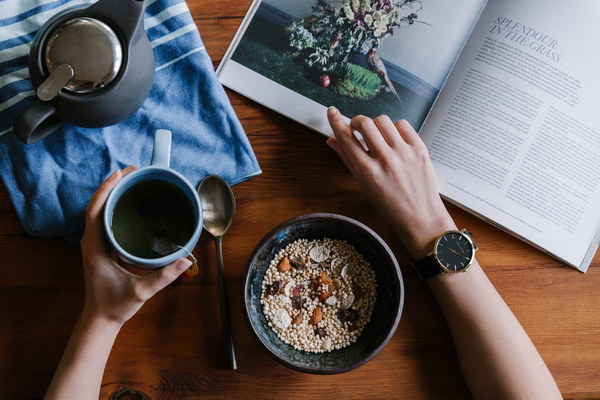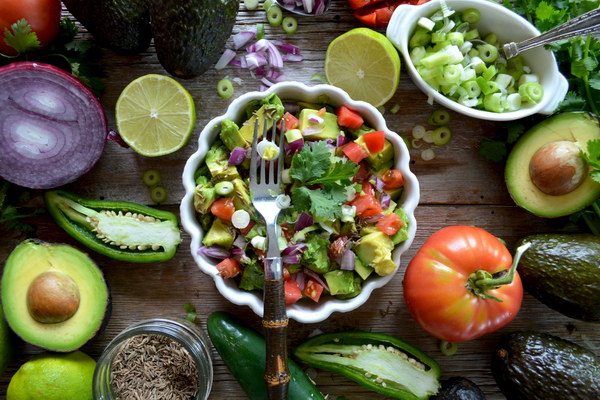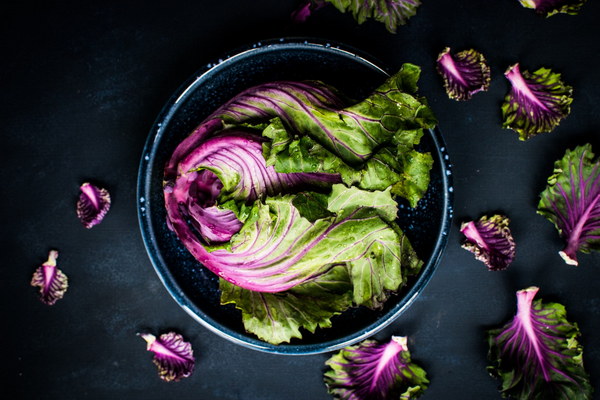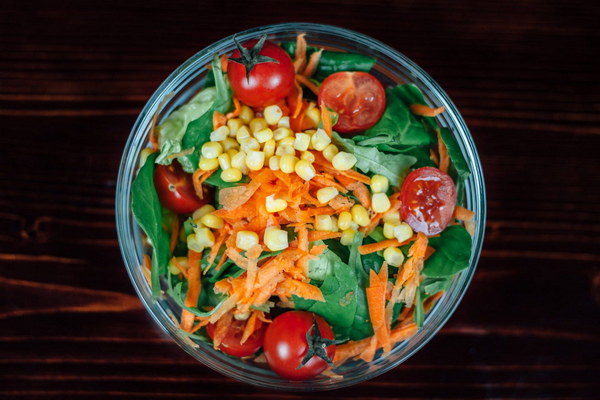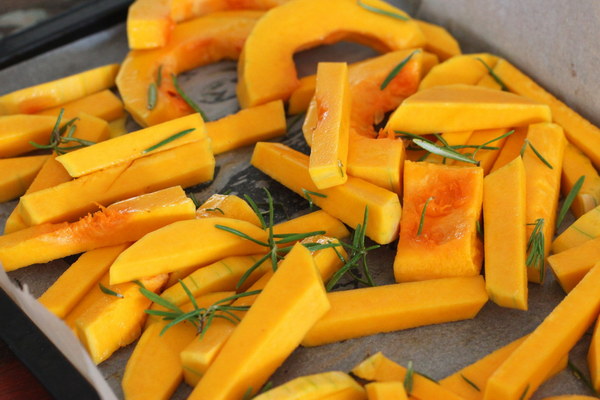Nourishing the Body Embracing Traditional Chinese Remedies for the Autumn and Winter Seasons
As the seasons transition from summer to autumn and then to winter, the body often requires extra care and nourishment to adapt to the changing climate. In Traditional Chinese Medicine (TCM), the concept of balancing the body's yin and yang is crucial during these colder months. This article explores the traditional Chinese remedies and dietary adjustments that can help you embrace the autumn and winter seasons with vitality and warmth.
1. Understanding Yin and Yang
In TCM, yin and yang are complementary forces that maintain balance in the body. During autumn and winter, the elements of yin are more dominant, which means we need to focus on balancing this with yin-nourishing foods and activities.
2. Dietary Adjustments
To maintain balance during the autumn and winter seasons, it's essential to incorporate warming, nourishing, and yin-nourishing foods into your diet. Here are some examples:
- Root vegetables: Carrots, sweet potatoes, beets, and parsnips provide essential nutrients and a grounding energy that can help combat the cold weather.
- Nuts and seeds: Almonds, walnuts, chia seeds, and flaxseeds are rich in healthy fats, protein, and minerals, which can help support your immune system.
- Soups and stews: These comforting dishes can help warm your body from the inside out. Include ingredients like ginger, garlic, and onions, which are known for their immune-boosting properties.
- Pears and other fruits: Pears, apples, and kiwis are all yin-nourishing fruits that can help balance your body's yin during the colder months.
3. Traditional Chinese Remedies

In addition to dietary adjustments, TCM offers various remedies that can help you maintain balance during autumn and winter:
- Acupuncture: This ancient practice involves inserting fine needles into specific points on the body to stimulate the flow of Qi (vital energy). Acupuncture can help boost your immune system, reduce stress, and alleviate symptoms of colds and flu.
- Cupping: Cupping is a therapeutic technique that involves placing cups on the skin to create suction. This helps to increase blood flow, reduce muscle tension, and relieve pain.
- Chinese herbal medicine: TCM herbs can be prescribed to address specific health concerns. Some commonly used herbs during the autumn and winter include astragalus (for immune support), codonopsis (for energy), and schisandra (for stress relief).
4. Lifestyle Adjustments
Incorporating certain lifestyle adjustments can also help you maintain balance during the autumn and winter seasons:
- Get plenty of rest: Your body needs extra sleep to recharge and fight off colds and flu.
- Exercise regularly: Moderate exercise can boost your immune system, improve circulation, and increase your body's resistance to colds and flu.
- Stay hydrated: Drinking plenty of water can help keep your body hydrated and support your immune system.
- Practice mindfulness: Activities like meditation, yoga, and tai chi can help reduce stress and promote overall well-being.
By embracing traditional Chinese remedies and dietary adjustments, you can help your body maintain balance and vitality during the autumn and winter seasons. Remember to consult with a qualified TCM practitioner before starting any new treatment or making significant changes to your diet and lifestyle.
